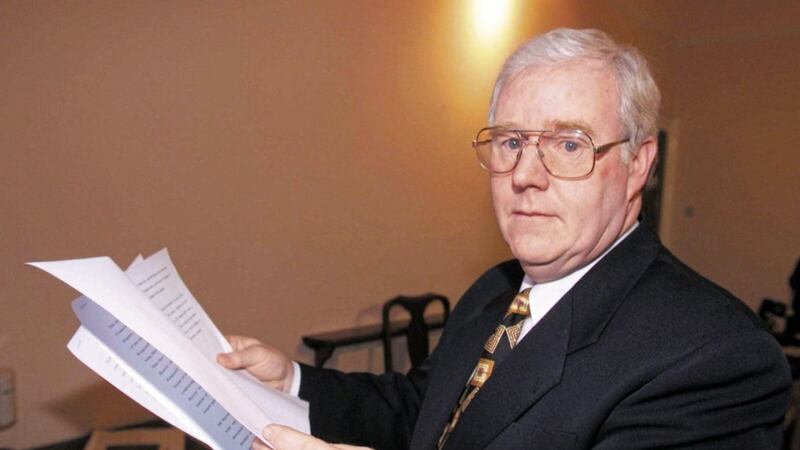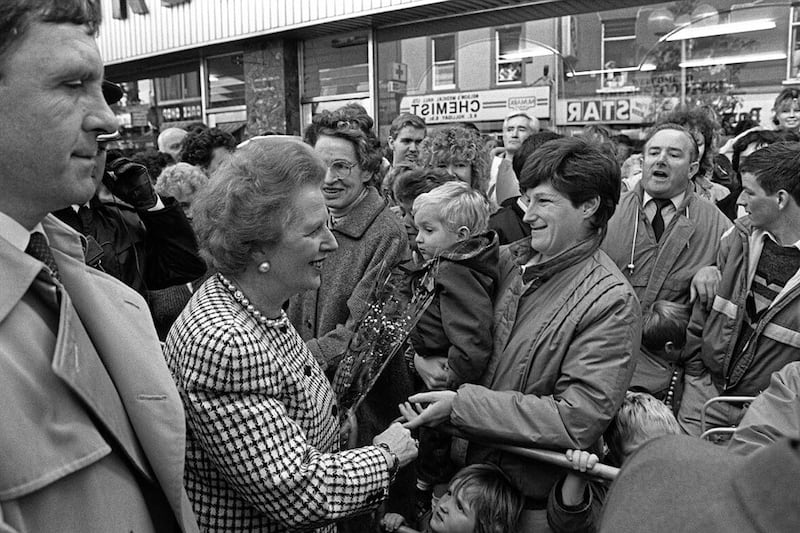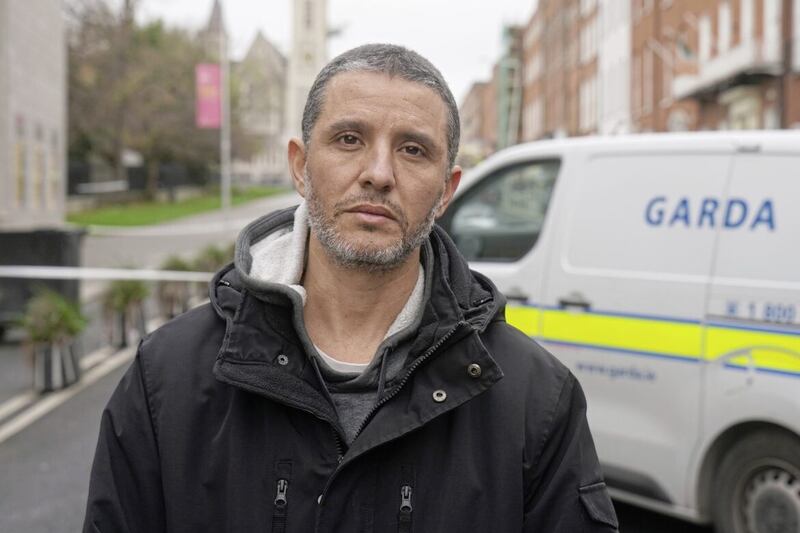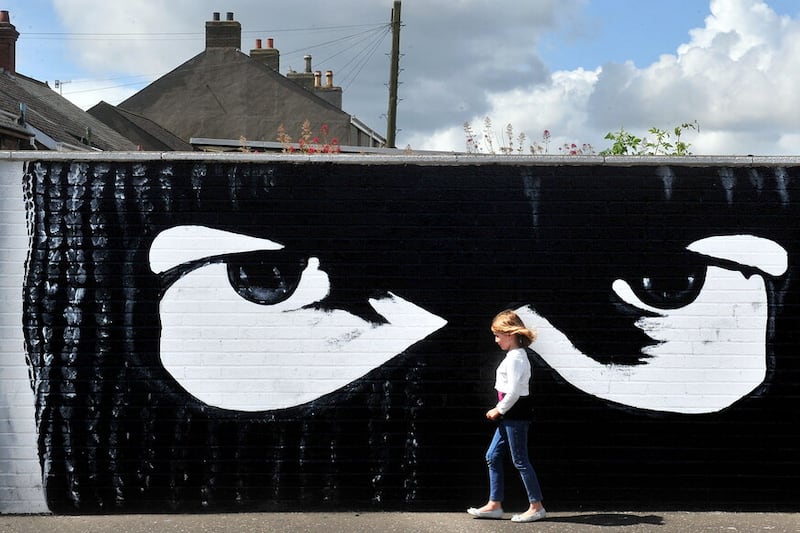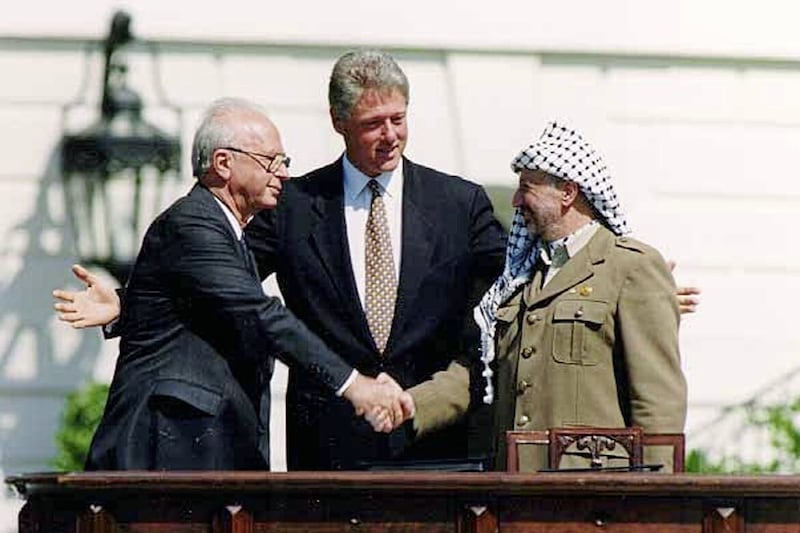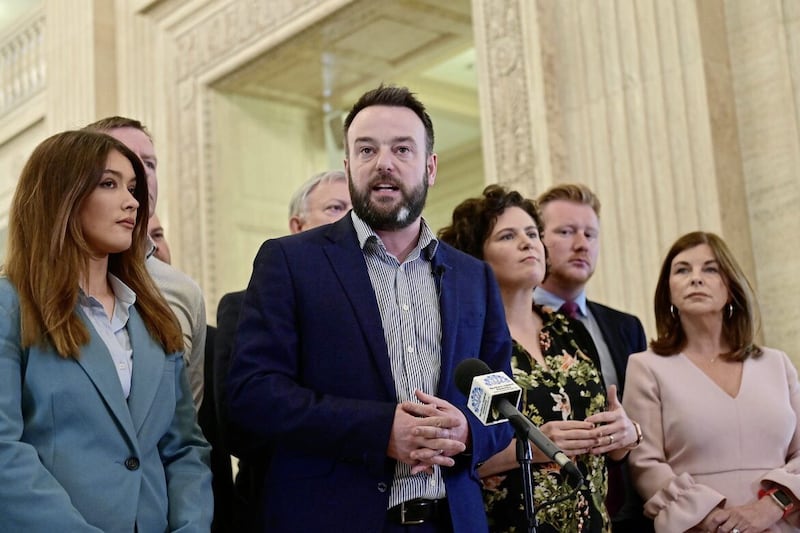When the late Ian Paisley died he was eulogised in some political quarters. As a commentator, I did not join in.
Paisley was a Johnny-come-lately to peace building, though his eventual conversion was welcome.
In 1988 during a parliamentary debate Paisley made an intemperate and untrue statement about my old boss, the late Seamus Mallon. He told the House of Commons: “He (Mallon) has set up many UDR men.”
Seamus replied: “I do not wish to labour the point on the accusation made by the Hon. Member for North Antrim, but I have made and will continue to make public revelations of which I am aware as to the involvement of the security forces in any illegal actions. I believe it would be a dereliction of my duty if I did not do so”.
A month earlier, a then British minister, Douglas Hogg, told parliament that some of Northern Ireland’s solicitors were “unduly sympathetic to the cause of the IRA.”
Seamus Mallon rounded on Hogg saying, “after the minister’s statement, peoples lives are in danger” and that some would become “targets for assassins bullets”.
Within weeks, the human rights solicitor Pat Finucane was coldly murdered in front of his young children. Mallon’s prophecy was all too real.
Eleven years later, the reckless Ian Paisley, again using parliamentary privilege, falsely claimed peace and victims campaigner Eugene Reavey was involved in the notorious Kingsmill murders.
An outraged Mallon called it an unfounded vilification of a “genuinely good man who has been through a living hell”. Eugene Reavey lost three brothers, John (24), Brian (22) and Anthony (17) to the notorious Glenanne gang. That gang included members of the RUC, UDR and UVF.
The following day the Provisional IRA carried out a murderous sectarian massacre on a van load of innocent Protestant workers at Kingsmill.
Like the cold blooded killings of the Reavey brothers and indeed the O’Dowds at Ballydougan, the Kingsmill murders were reprehensible.
Some readers may not remember the awful years of 1975/76. This writer was a schoolboy. Fear permeated the air. It was a reign of terror. Paramilitaries plumbed new depths of horror and some in the security services went even lower.
But history casts a long shadow and the quest for justice is not dampened by time or dimmed by memory. The Finucane family, like the families of all victims remain entitled to the truth.
Collusion between the state and loyalist paramilitaries is not fictional, it is fact. Levels of security service infiltration ran deep within republican circles too.
Colum Eastwood, SDLP leader, took up the Finucane cause in a debate in the House of Commons last week.
Eastwood eloquently made the case for the Finucane family to be granted a public inquiry. He said shining a torch into dark corners was important. And not just for the Finucanes but for other families too.
Eastwood graciously acknowledged that other victims named by the DUP’s Jim Shannon were also entitled to justice and answers. Pain is no less felt in the homes of all murdered loved ones, whether they are Catholic or Protestant.
Conor McGinn, MP for St Helen’s but late of south Armagh, knows first hand the impact of those years of terror.
McGinn spoke passionately about Alan Black, survivor of Kingsmill and of his dignity and determined desire for truth. And of Phyllis Carrothers, whose husband Dougie was murdered because he was a reserve constable. McGinn reminded members of parliament that “we need a comprehensive approach to dealing with the past that puts victims, survivors, truth, justice and remembrance at its core”.
For Eugene Reavey it has taken over 20 years to finally redress the calumny of Ian Paisley snr and hear a British government minister confirm there was no truth to the scurrilous claims made by the North Antrim MP in 1999.
Mallon once said about justice: “Let’s find the compassion to find solutions rather than retribution”. Eastwood and McGinn have found such compassion.

